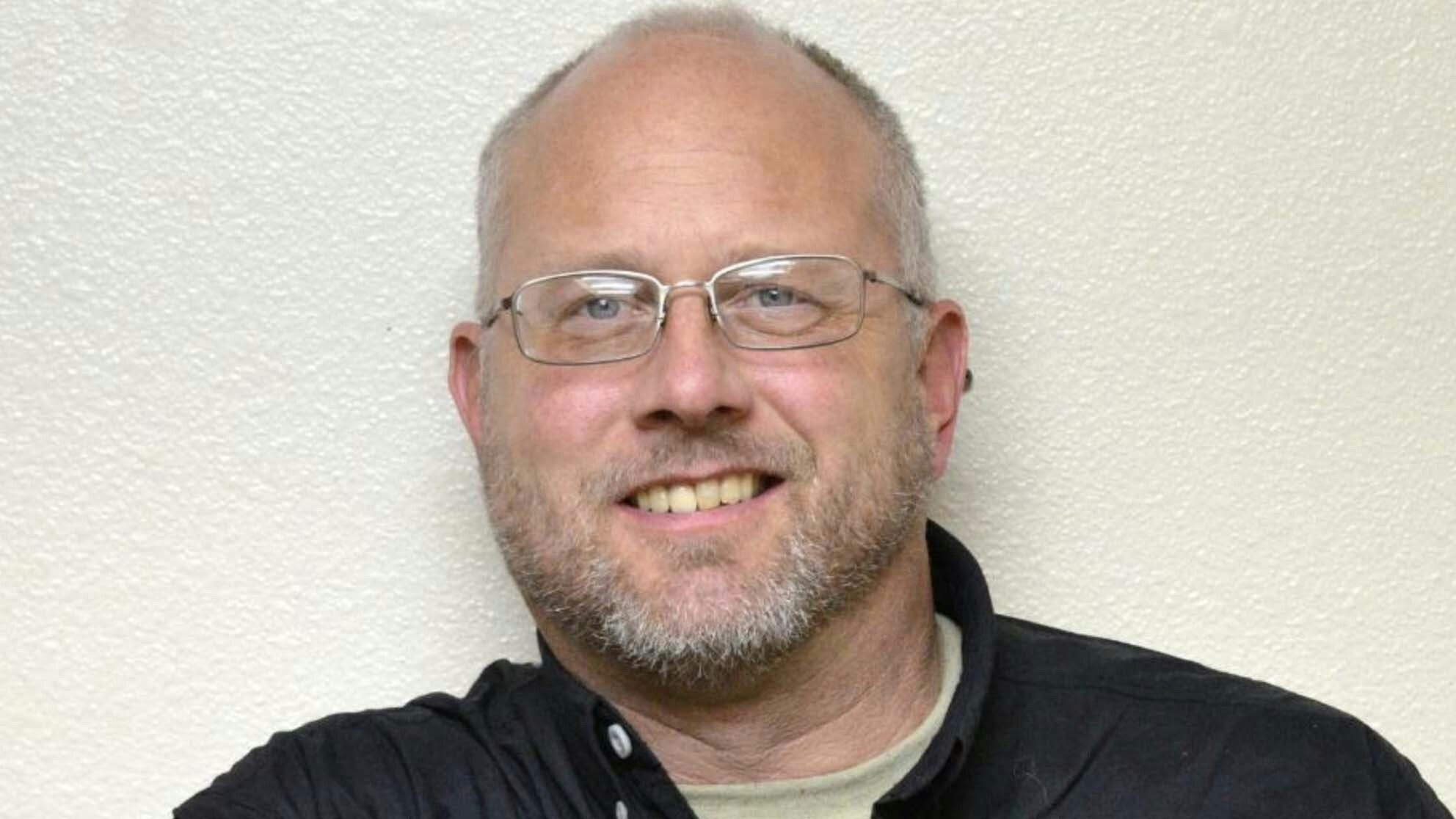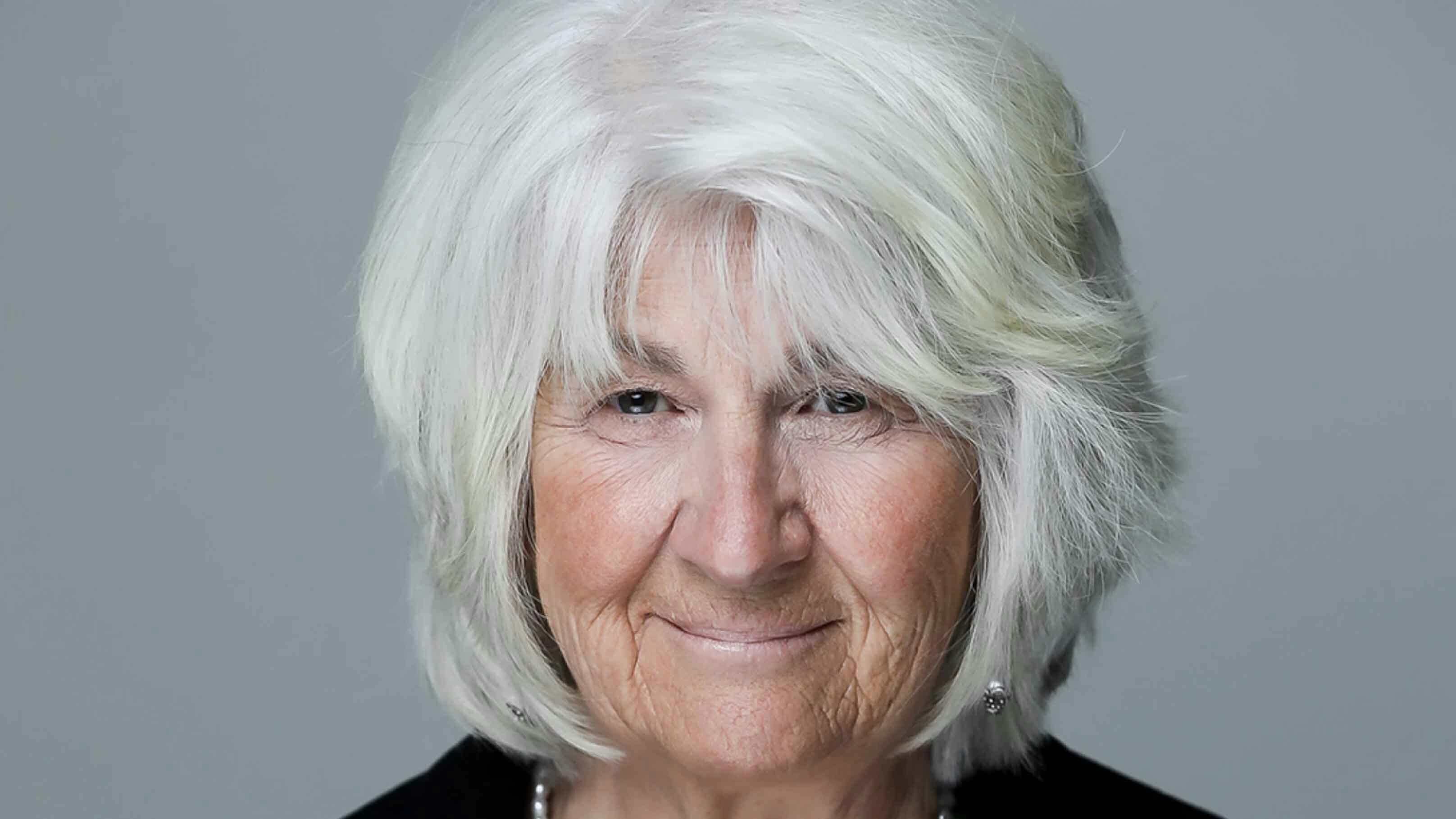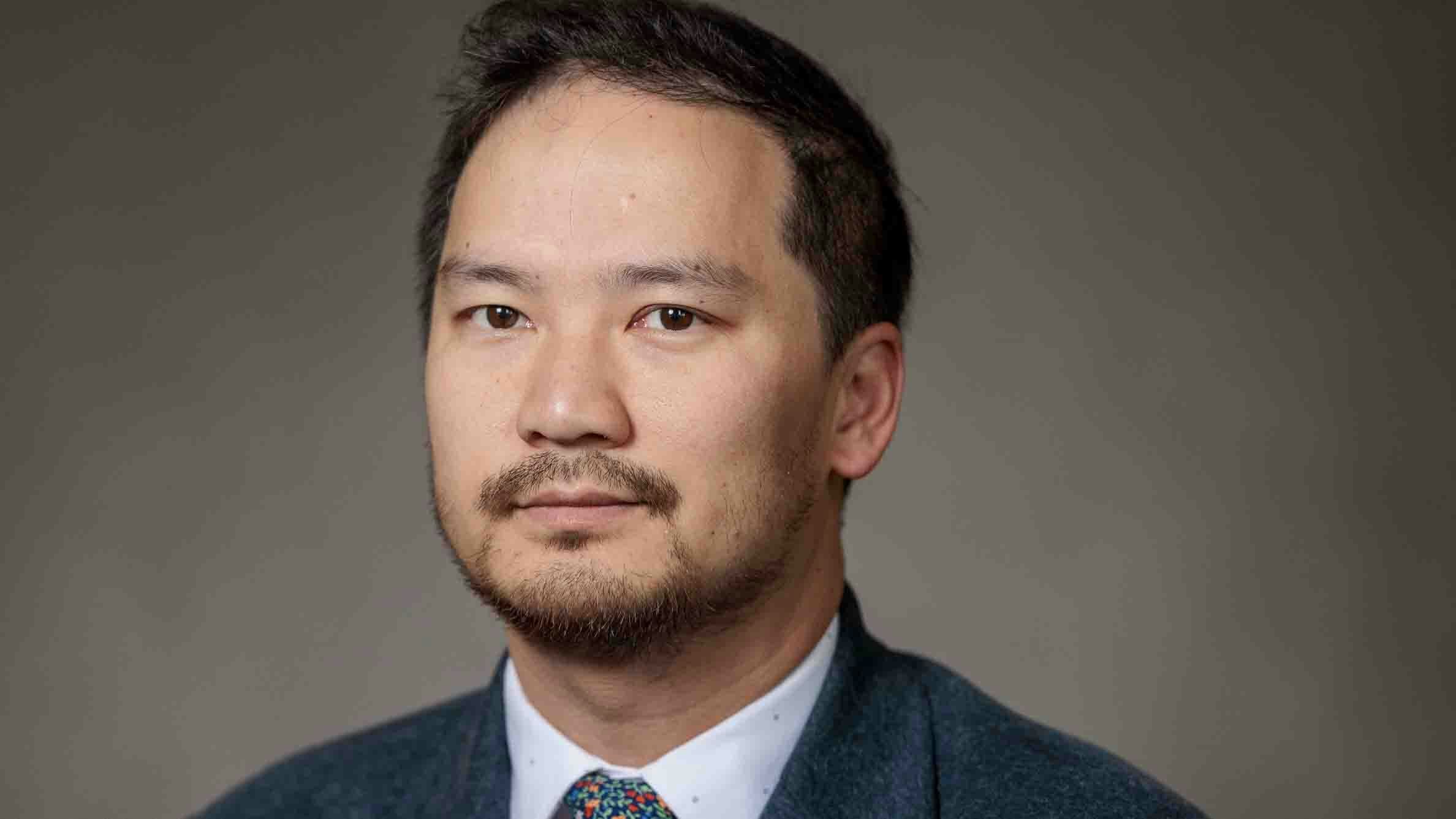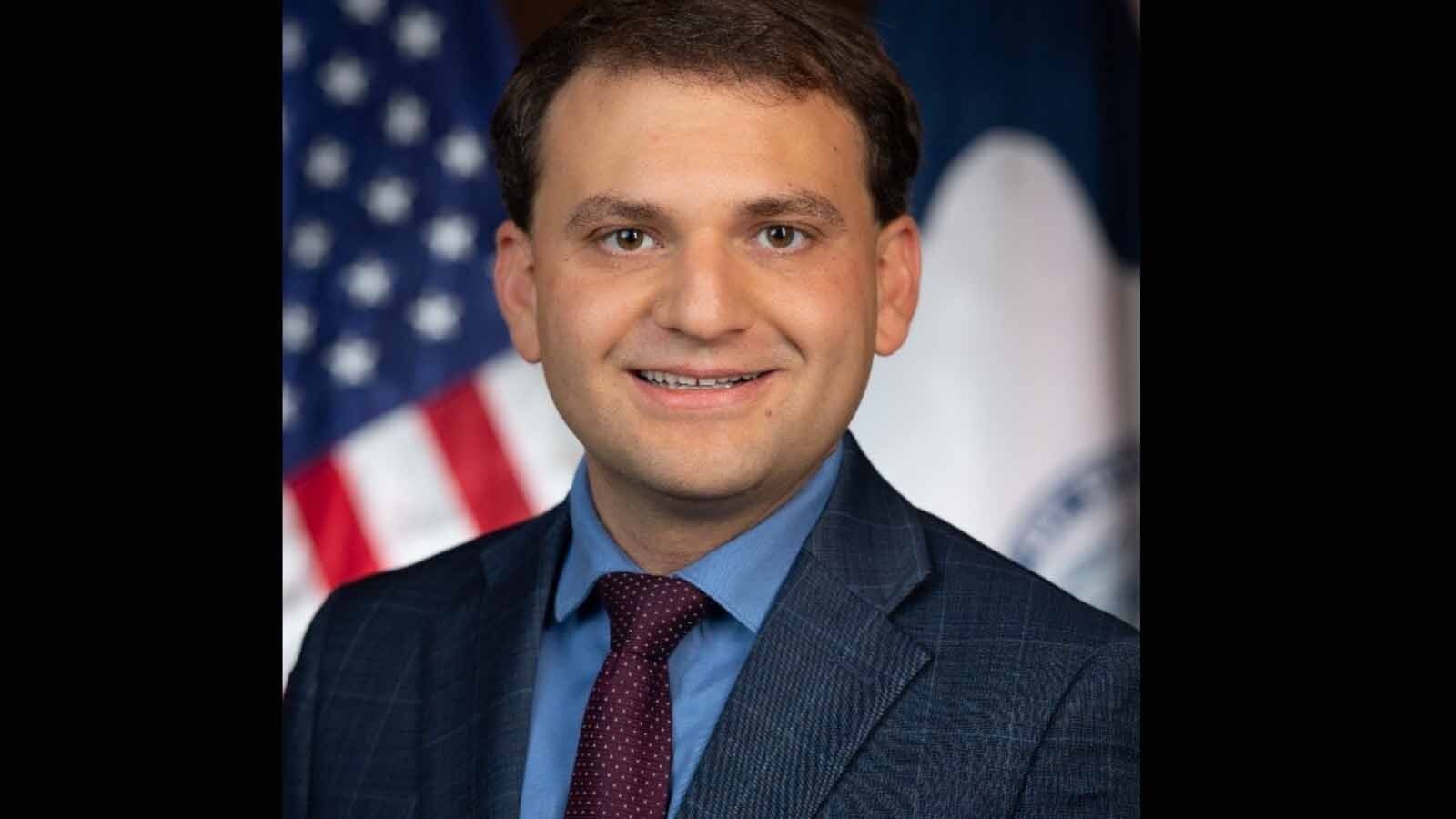Governor Gordon’s recent “State of the State” address urged legislators to address Wyoming’s education program in the long term. “This is far more than a budget issue,” he said, “and I want our stakeholders and our communities to be involved in establishing a plan and vision.” Wise words.
It was refreshing to hear the governor go beyond the worn-out bromides that the only way to serve Wyoming’s children is through budget increases. He noted that: “Education is changing.” No doubt, he was talking about the seismic effects that COVID-19 had in driving students online and masking them once they returned.
But changes in educational attitudes had been underway long before COVID-19 crushed funding sources, scattered communities, and muted voices. Increasingly, parents have been calling for reformed educational structures that are more responsive to local voices and family values. When Zoom brought classrooms under the watchful eye of parents everywhere, it only accelerated that trend.
“People want, and need, more opportunities and approaches,” Gordon said, “Wyoming needs to respond.” He is not the only one saying it. This year’s legislative session has a flood of education bills filed for introduction. Nearly 10 percent of more than 400 bills under consideration deal with education.
As legislators begin the task of sorting through this stack of bills, let us reassert some basic pillars of education. These should be the drivers of educational reform, not mere afterthoughts.
First, the education of minor children is not the primary responsibility of the state, but of the parents. This is—and must remain—the bedrock principle of every decision that the legislature makes. To follow the governor’s call for the involvement of “stakeholders and communities,” in the law-making process means to recognize that the principal stake holders are the parents themselves.
This is not a departure from the Wyoming Constitution’s requirement that “The legislature shall provide for the establishment and maintenance of a complete and uniform system of public instruction.” Rather, it reminds the legislature that this constitutional provision was written by Wyoming parents and for Wyoming parents.
Wyoming’s school system should not serve the interest of the state—or any other actor that might coopt the education system to advance its own agenda. Our legislators must not be overawed by the slick slogans of monied lobbyists claiming to speak for the children. This is especially true when those voices would overpower the voices of parents themselves, as though lobbyists and bureaucrats are better equipped to love children than their own parents.
Second, policy makers and parents alike know that “there is no such thing as a free (school) lunch.” Money, whether received from a national education organization or bestowed from a government agency, will inevitably come with strings attached. Those strings must be disclosed with full transparency in order truly to count their cost.
On the other hand, parents and policy makers must remember always that this money did not come from the government, but from the parents and grandparents of Wyoming students. For legislators, that means faithful stewardship of hard-earned dollars that were taken from their students’ homes. For parents, it means demanding that your dollars be controlled locally.
The third principle is subsidiarity. While acknowledging that community cooperation is necessary to accomplish some educational tasks, subsidiarity demands that such cooperation take place as close to the parents as is possible for the task.
Sometimes, it means that education dollars should be put directly into the hands of the parents themselves. When parents find that their child needs something that the local school cannot provide, parents should be given the option to be refunded some of their tax dollars to compensate for the expenditure.
It is simply unfair to expect parents to pay twice—once for an education product that they cannot use, and again for the education that their child truly needs. Legislators should not second-guess such a parent’s assessment of what is necessary for his child. To do so is arrogantly to deny the first principle of education.
Of course, refunds of government money can easily be laden with strings that violate the principle enunciated above. Legislators should be careful to restrain themselves from the human tendency to use such money to manipulate parents. When possible, such refunds are better accomplished by tax credits than by refunded taxes.
Finally, it is important to acknowledge that conservation of the status quo is not the same as conservatism. Legislators and parents should take this watershed moment as an opportunity to reassess every aspect of Wyoming’s education policy. The principles of child-centered, parent-driven education are what need to be conserved, not past compromises.
Parents, in cooperation with legislators should work to reject progressive harms that have become baked into current law. As the governor said, “Wyoming needs to respond.”





